Click on the flag to change to Spanish
Click on the flag to change to Spanish
DOMESTIC VIOLENCE
Domestic Violence may be physical, sexual, financial, psychological, emotional, or other coercive manipulation to maintain power and control over another person in a relationship.
Domestic Violence does not discriminate
KNOW THE FACTS
- Nearly 50% of homicides occur after the victim has exited the relationship.
- 40% of Black men and women report having had a violent experience with an intimate partner
- 1 in 3 women and 1in 4 men surveyed say they experienced some form of domestic violence from an intimate partner.
- On average, a victim leaves their partner seven times, before staying away for good.
- The Covid-19 pandemic increased the incidence of domestic violence 33% globally.
- In a single day, all the domestic violence organizations in the U.S. will assist over 60,000 victims.
KNOW THE FACTS
- Nearly 50% of homicides occur after the victim has exited the relationship.
- 40% of Black men and women report having had a violent experience with an intimate partner
- 1 in 3 women and 1in 4 men surveyed say they experienced some form of domestic violence from an intimate partner.
- On average, a victim leaves their partner seven times, before staying away for good.
- The Covid-19 pandemic increased the incidence of domestic violence 33% globally.
- In a single day, all the domestic violence organizations in the U.S. will assist over 60,000 victims.
KNOW THE FACTS
- Nearly 50% of homicides occur after the victim has exited the relationship.
- 40% of Black men and women report having had a violent experience with an intimate partner
- 1 in 3 women and 1in 4 men surveyed say they experienced some form of domestic violence from an intimate partner.
- On average, a victim leaves their partner seven times, before staying away for good.
- The Covid-19 pandemic increased the incidence of domestic violence 33% globally.
- In a single day, all the domestic violence organizations in the U.S. will assist over 60,000 victims.
Domestic Violence is Not Just Physical
Not Everything Can Be Seen
Other forms of Domestic Violence include:
- Sexual Abuse
- Stalking
- Economic Abuse
- Verbal Abuse
- Digital Abuse
- Psychological Manipulation
Domestic violence happens within different relationships such as:
- Partners in a relationship
- Parent against child
- Child against parent
- Sibling against sibling.
Recognize the Signs
- Controls what you’re doing
- Checks your phone, email, or social
networks without your permission - Forces you to have sex when you don’t want to
- Controls your birth control or insists that you get pregnant
- Decides what you wear or eat or how you spend money
- Prevents or discourages you from going to work or school or seeing your family or friends
- Humiliates you on purpose in front of others
- Unfairly accuses you of being unfaithful
- Destroys your things
- Threatens to hurt you, your children, other loved ones, or your pets
- Hurts you physically (e.g., hitting, beating, punching, pushing, kicking), including with a weapon
- Blames you for their violent outbursts
- Threatens to hurt herself or himself
because of being upset with you - Threatens to report you to the authorities for imagined crimes
- Says things like, “If I can’t have you, then no one can”
What You Can Do
- If you are in immediate danger call 9 -1 -1
- Get medical care. If you have been injured or sexually assaulted, go to a local hospital emergency room or urgent care center.
- Know the signs of Domestic Violence!
- Call a helpline for free, anonymous help.
- Make a safety plan to leave.
- Think about a safe place for you to go.
- Make a list of things you will need.
- Staff at the National Domestic Violence Hotline can help you plan.
- Save the evidence. Keep evidence of abuse such as pictures of your injuries or threatening emails or texts, in a safe place.
- Find out where to get help in your community.
- Reach out to someone you trust: A family member, friend, co-worker, spiritual leader, support group or mental health professional.
- Look into a restraining order/protection order
For help please call the National Domestic Violence Hotline:
1.800.799.SAFE (7233)
EMERGENCY HOTLINES
Sexual Abuse: 1-800-656-4673
Domestic Violence: 1-800-799-7233
NJSP Missing Persons Unit
609-882-2000 x2554
Click on the flag to change to Spanish








